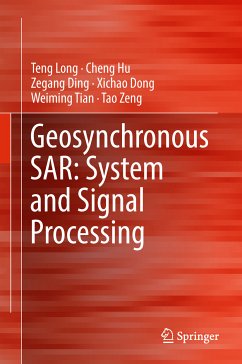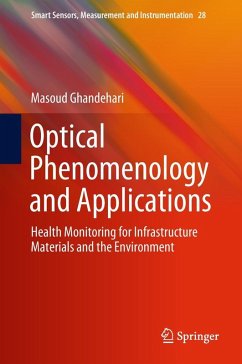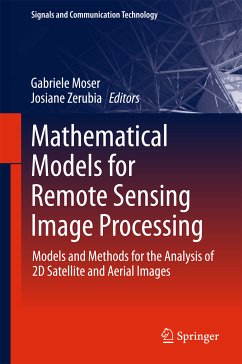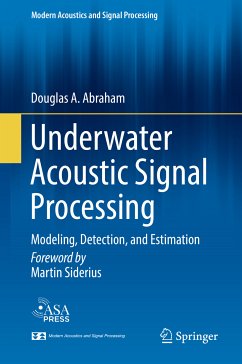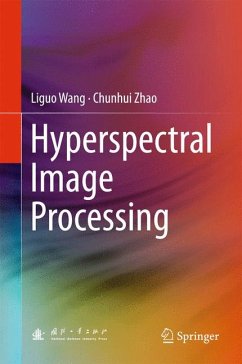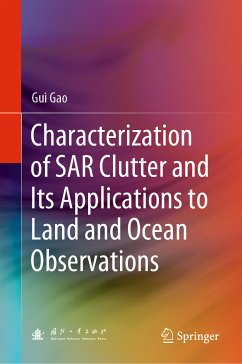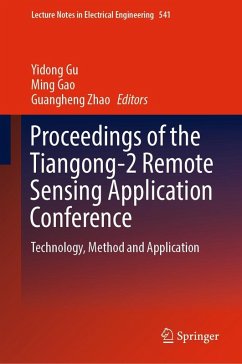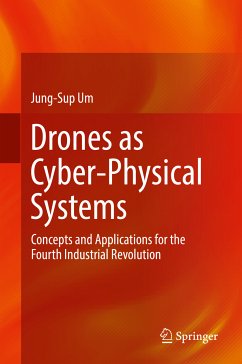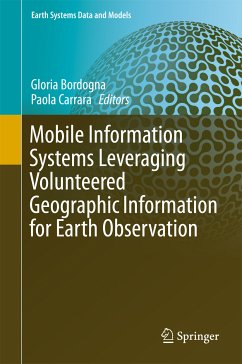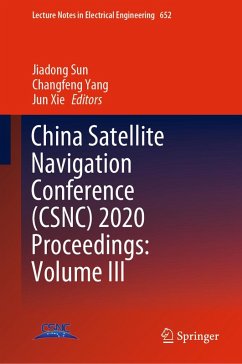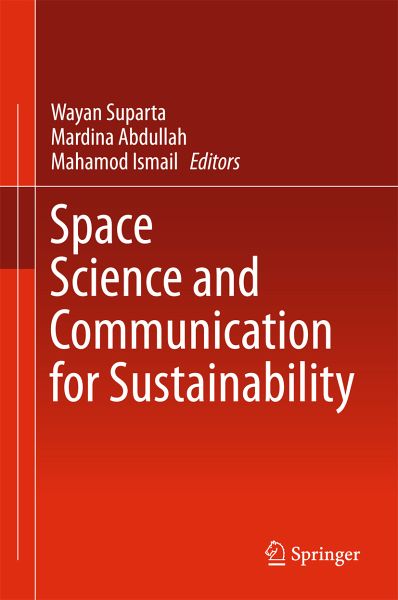
Space Science and Communication for Sustainability (eBook, PDF)
Versandkostenfrei!
Sofort per Download lieferbar
112,95 €
inkl. MwSt.
Weitere Ausgaben:

PAYBACK Punkte
56 °P sammeln!
This book addresses space science and communication - one of the main pillars of space science sustainability, an area that has recently become of great importance. In this regard, research and development play a crucial role in sustainability development. However, obtaining essential data in the physical world to interpret the universe and to predict what could happen in the future is a challenging undertaking. Accordingly, providing valid information to understand trends, evaluate needs, and create sustainable development policies and programs in the best interest of all the people is indisp...
This book addresses space science and communication - one of the main pillars of space science sustainability, an area that has recently become of great importance. In this regard, research and development play a crucial role in sustainability development. However, obtaining essential data in the physical world to interpret the universe and to predict what could happen in the future is a challenging undertaking. Accordingly, providing valid information to understand trends, evaluate needs, and create sustainable development policies and programs in the best interest of all the people is indispensable.
This book was prepared in conjunction with the fifth meeting of the 2017 International Conference on Space Science and Communication (IconSpace2017), held in Kuala Lumpur, Malaysia on 3-5 May 2017 to introduce graduate stuandents, researchers, lecturers, engineers, geospatialists, meteorologists, climatologists, astronomers and practitioners to the latest applications of space science, telecommunications, meteorology, remote sensing and related fields. The individual papers discuss a broad range of space science and technology applications, e.g. the formation of global warming from space, environmental and remote sensing, communication systems, and smart materials for space applications.
This book was prepared in conjunction with the fifth meeting of the 2017 International Conference on Space Science and Communication (IconSpace2017), held in Kuala Lumpur, Malaysia on 3-5 May 2017 to introduce graduate stuandents, researchers, lecturers, engineers, geospatialists, meteorologists, climatologists, astronomers and practitioners to the latest applications of space science, telecommunications, meteorology, remote sensing and related fields. The individual papers discuss a broad range of space science and technology applications, e.g. the formation of global warming from space, environmental and remote sensing, communication systems, and smart materials for space applications.
Dieser Download kann aus rechtlichen Gründen nur mit Rechnungsadresse in A, B, BG, CY, CZ, D, DK, EW, E, FIN, F, GR, HR, H, IRL, I, LT, L, LR, M, NL, PL, P, R, S, SLO, SK ausgeliefert werden.



